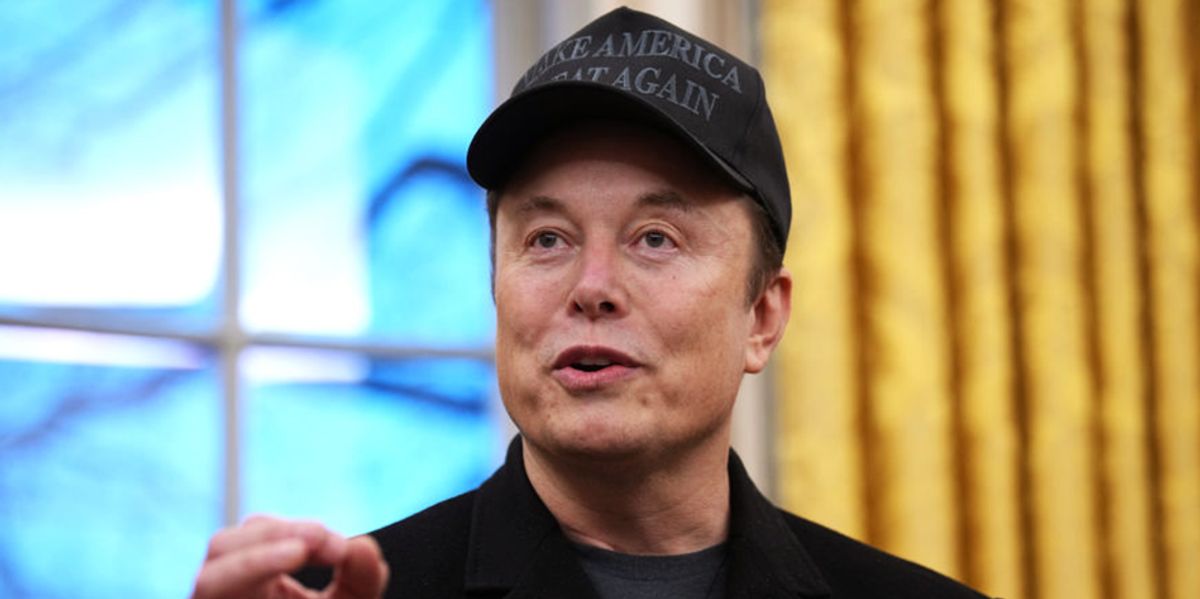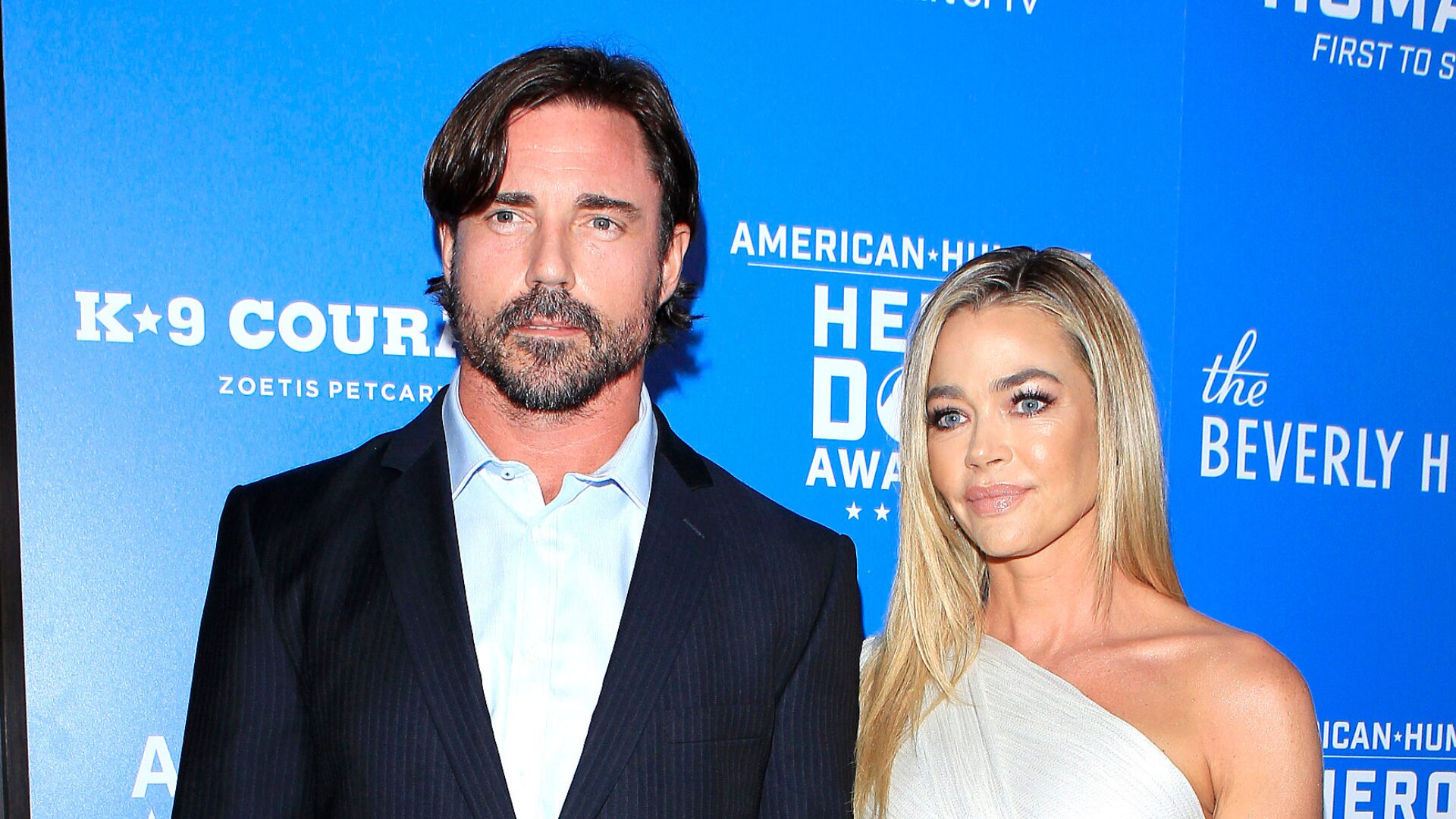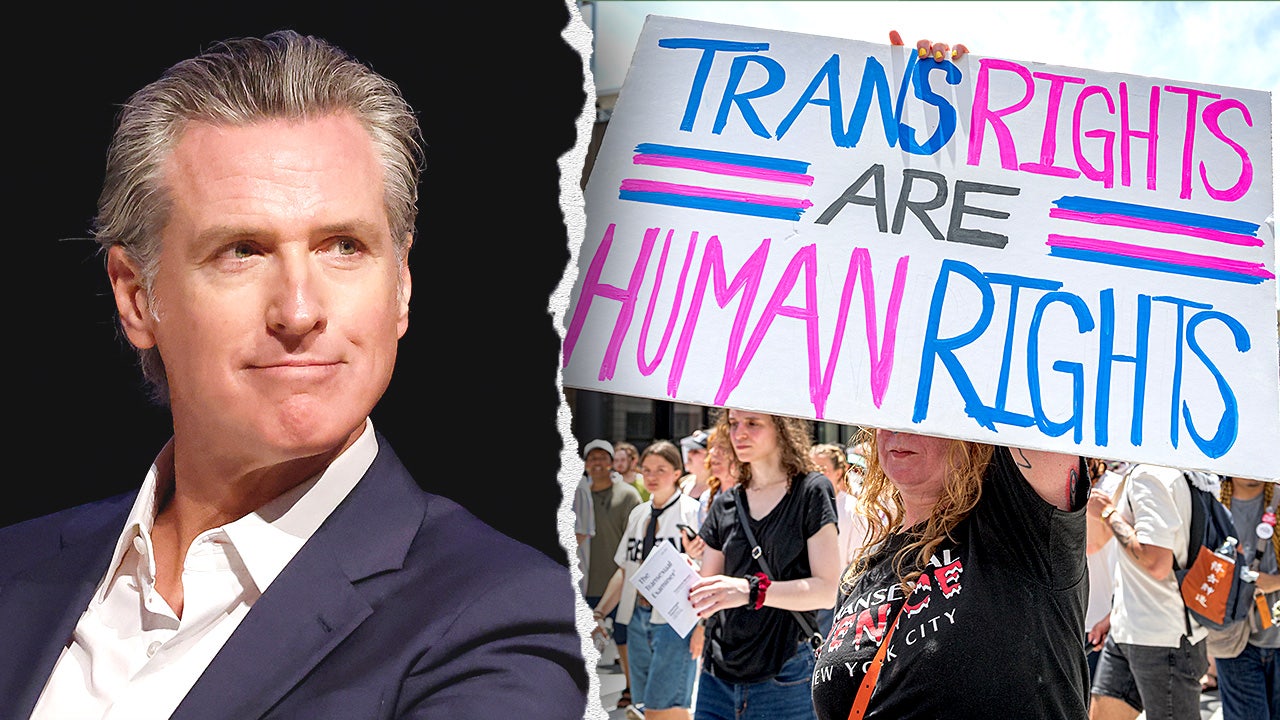The MAGA coalition had been holding its breath for nearly two months, anxious to see if Trump’s embattled cabinet picks, Tulsi Gabbard and RFK Jr., could make it through confirmation.
Then, in the span of a few hours on the first Tuesday of February, both picks’ confirmation chances went from possible to almost certain as two Republican hold-outs announced they would vote in favor.
The MAGA coalition could breathe again.
Republican senators Todd Young and Bill Cassidy announced their support of Gabbard and Kennedy, respectively, at the eleventh hour after weeks of hesitancy. It seemed something drastic had happened to change their minds. As observers sorted through clues as to what caused the sudden shift, one key factor emerged: Vice President JD Vance.
Young hinted that Vance had helped him through “extensive conversations” about confirming Gabbard to the director of national intelligence post. Cassidy thanked the vice president for his “honest counsel” as he mulled whether to support Kennedy for Health and Human Services secretary.
But sources familiar with the situation told the Daily Caller that getting Young and Cassidy’s support was actually months in the making, as Vance worked tirelessly behind the scenes whipping votes for President Donald Trump’s nominees.
Ahead of taking office, Trump and others on his transition team planned for Vance to play a role in helping nominees through the confirmation process because of his strong relationships in the Senate, a source familiar with the situation told the Caller.
In the months leading up to his swearing in as vice president, Vance was busy battling with legacy media hosts and casting votes against Biden’s judicial nominations. But he also spent his time making sure his Senate colleagues were warming up to his boss’s cabinet nominations.
Vance’s work began well before Inauguration Day, including several conversations with Senator Young regarding the confirmation of Tulsi Gabbard, sources familiar with the situation told the Caller. It was in the days before the confirmation vote that the vice president’s work intensified, one source added.
For some holding out on supporting Gabbard until the very end of the process, including Republican Maine Sen. Susan Collins, there were concerns about Gabbard’s stances on National Security Agency (NSA) contractor Edward Snowden and Section 702 of the Foreign Intelligence Surveillance (FISA) Act, which she previously opposed. (RELATED: ‘About To Combust’: Republicans Have Golden Opportunity To End Spying On Americans — But It’s Tearing Them Apart)
Vance was able to patiently work through these issues with his former colleagues, Young suggested.
“He was respectful, he listened a lot more than he talked, and he, frankly, he seemed to be effective on his end in getting from me the sort of concessions that were required to get to a yes,” Young told reporters. The senator’s vote was the final ‘yes’ needed for the administration to have confidence in Gabbard’s nomination.
I appreciate Tulsi Gabbard’s engagement with me on a variety of issues to ensure that our intelligence professionals will be supported and policymakers will receive unbiased information under her leadership. pic.twitter.com/PmYvaP0afQ
— Senator Todd Young (@SenToddYoung) February 4, 2025
“So that’s it. I mean, he came through. He delivered for me, and I’m grateful for that,” Young added about the concessions Vance was able to secure for him.
A source familiar with the situation contested that Sen. Young got any “concessions” from Gabbard, pointing to the letter he posted on Twitter and arguing that everything she had written in the letter, Gabbard had already spoken about.
During the confirmation process, the source added that Vance was helpful in persuading Senators who were on the fence about Gabbard. The source was confident that the vice president was key in getting Young the letter from Gabbard, which ultimately helped move his vote to a yes. (RELATED: Tulsi Gabbard Reveals Plans To ‘End Politicization’ Of Intel Agencies On Day One In Office)
Young also provided a window into Trump’s apparent thinking when he tasked Vance with seeing his cabinet nominees through confirmation.
“I think he’s been tasked with this role because of his pre-existing relationship with us,” Young told reporters.
US Vice President-elect J.D. Vance departs at the conclusion of a joint session of Congress to certify the results of the 2024 Presidential election, inside the House Chamber at the US Capitol on January 6, 2025, in Washington, DC. (Photo by ALLISON ROBBERT/AFP via Getty Images)
Vance has a pull that everyone on the Hill appears to be noticing, and it’s not limited to cabinet picks.
“Whether you’re there two years or 12 years, there is connective tissue — like, I sat in your chair,” one senior Republican aide previously told Politico of the weight Vance carries with the Republican caucus in the Senate.
Though Cassidy, who was key in helping Kennedy get confirmed, said the concessions he received were from the “administration,” the senator admitted that he had spoken to Vance honestly about the nomination. The two especially discussed RFK Jr.’s anti-vaccine views. Cassidy’s office referred the Caller to his tweet and floor speech on the matter in which he said the administration sought to reassure him “regarding their commitment to protecting the public health benefit of vaccination.”
In his floor speech ahead of Kennedy’s vote, Cassidy added that Kennedy, alongside the administration, pledged to maintain a key federal advisory board and to allow the Senator input on hiring decisions for the Department of Health and Human Services. This week, the first meeting of the CDC’s vaccine advisory committee was postponed after Kennedy took office.
“All I know is that Vance definitely made the difference. Don’t know specifics about the conversations. But after his visits, Bobby had the votes,” an RFK Jr. ally told the Caller, adding that the cabinet secretary also spent a lot of time in talks with Cassidy to help secure his vote.
I’ve had very intense conversations with Bobby and the White House over the weekend and even this morning. I want to thank VP JD specifically for his honest counsel. With the serious commitments I’ve received from the administration and the opportunity to make progress on the…
— U.S. Senator Bill Cassidy, M.D. (@SenBillCassidy) February 4, 2025
Kash Patel, confirmed as FBI Director on Thursday by a 51-49 vote, with Republicans Susan Collins and Lisa Murkowski voting against, at first was the target of the bulk of Democrat complaints. As the minority party shifted their ire to Gabbard and Kennedy, Patel’s confirmation process started to fly under the radar. As such, Vance’s hand in getting Patel in as FBI director has gone relatively unnoticed.
After Patel’s nomination, one former government official told CBS News that he was ‘by far the most dangerous pick.” Slate decried Patel’s “enemies list.” NBC News wrote that he previously helped host a show for “a conspiracy-filled, far-right media organization,” referring to the Epoch Times.

Vice President-elect U.S. Sen. JD Vance (R-OH) departs from the Senate Chambers during a vote in the U.S. Capitol on December 18, 2024 in Washington, DC. Support among Republicans for a proposed federal government budget continuing resolution was put in jeopardy after billionaire Elon Musk announced his opposition. “Ever seen a bigger piece of pork?” Musk posted on his social media platform X, “This bill should not pass.” (Photo by Anna Moneymaker/Getty Images)
But the complaints quickly subsided as Patel took to Capitol Hill to meet with Senators.
One source previously told the Caller that Patel’s path to an easy confirmation can in part be attributed to his commitment to advancing the MAGA agenda and how that drove him to continue cultivating relationships with senate Republicans, even while Trump was out of office. That work led to Patel garnering early support from Republicans without facing any publicly voiced opposition. Additional lobbying from Vance was not as necessary as other Trump picks, a source familiar with the situation told the Caller.
Still, Vance did play a role in helping Patel get nominated in the first place. The vice president, a source familiar with the situation said, helped lay the groundwork among Senate colleagues ahead of Inauguration Day to get them comfortable with Patel’s eventual nomination.
“Our members trust him, which is really important,” Senate Majority Leader John Thune previously told reporters about Vance.
Read the full article here










![WNBA Names Caitlin Clark Player of the Year After Season of Abuse [WATCH] WNBA Names Caitlin Clark Player of the Year After Season of Abuse [WATCH]](https://www.drewberquist.com/wp-content/uploads/2025/04/2025.04.09-12.06-drewberquist-67f662bf93b19.jpg)

